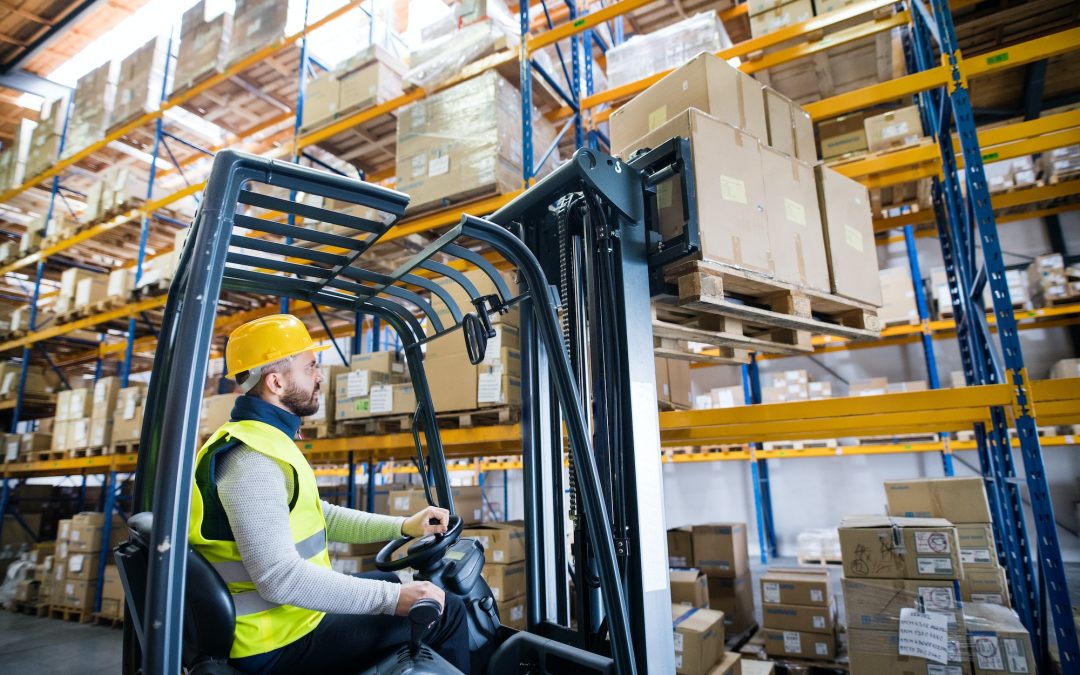Forklifts are essential pieces of equipment that play an important role in the productivity of many businesses. Whether you are in the manufacturing, retail, or logistics industry, having the right mix of forklifts in your fleet is essential for optimizing productivity. To ensure the optimal productivity of your fleet, you must evaluate your fleet composition with a thorough analysis of the types of forklifts in your fleet, their features, and the tasks they are used for.
Forklift Types and Capabilities
Different types of forklifts are designed for different tasks. Some are more suited for indoor tasks, while others are designed for outdoor use. It is important to understand the capabilities of each type of forklift and what tasks they can perform best. For example, an electric forklift is typically used in warehouses and other indoor applications, while a rough terrain forklift is designed for outdoor use on uneven surfaces. Additionally, some forklifts can be equipped with specialized attachments to expand their capabilities, such as a pallet jack or a clamps to load and unload materials.
When selecting the right mix of forklifts for your fleet, it is important to consider the types of tasks you will need them to perform, as well as the environment in which they will be used. This will help you determine the type of forklift that is best suited for the job. For instance, if you need a forklift to lift and transport heavy loads over long distances, a rough terrain forklift may be the best option.
Features and Maintenance Requirements
When evaluating the right mix of forklifts for your fleet, it is important to consider the features of each type of forklift and the maintenance requirements associated with them. For example, an electric forklift may be more efficient and require less maintenance than a diesel forklift. Additionally, some forklifts may have features such as adjustable heights, ergonomic designs, and advanced safety features that you may need to consider. It is important to weigh the features of each type of forklift and select the ones that best meet your needs.
In addition to features, it is also important to consider the maintenance requirements of each type of forklift. Different forklifts require different levels of maintenance, and it is important to understand the costs associated with maintaining each type of forklift. For example, an electric forklift may require more frequent battery replacements than a diesel forklift, which may require more frequent oil changes. Understanding the maintenance requirements of each type of forklift will help you select the right mix of forklifts for your fleet.
Tasks and Lifespan
When selecting the right mix of forklifts for your fleet, it is important to consider the types of tasks they will be used for. Different forklifts are designed to perform different tasks, and selecting the wrong mix of forklifts can result in reduced productivity and efficiency. For instance, a rough terrain forklift may not be the best choice for a warehouse environment, and a narrow aisle forklift may not be the best choice for a construction site. Understanding the tasks your forklifts will be used for will help you select the right mix of forklifts for your fleet.
In addition to tasks, it is important to consider the lifespan of your forklifts. Different forklifts have different lifespans, and it is important to consider the cost of replacing a forklift when evaluating the cost of your fleet. For example, an electric forklift may have a shorter lifespan than a diesel forklift, and it may be more cost-effective to replace an electric forklift after a certain number of years. Understanding the lifespan of each type of forklift in your fleet will help you select the right mix of forklifts for your fleet.
The Right Mix of Forklifts for Maximum Productivity
Selecting the right mix of forklifts for your fleet can be a difficult task. It is important to understand the capabilities, features, maintenance requirements, tasks, and lifespans of each type of forklift in your fleet. By understanding these factors, you will be able to select the right mix of forklifts for maximum productivity. Additionally, if you need help with fleet analysis, you can contact HCI Innovations for assistance.
Having the right mix of forklifts in your fleet is essential for optimizing productivity and efficiency. By evaluating your fleet composition and selecting the right mix of forklifts for your needs, you can ensure that your fleet is running at optimum performance.

